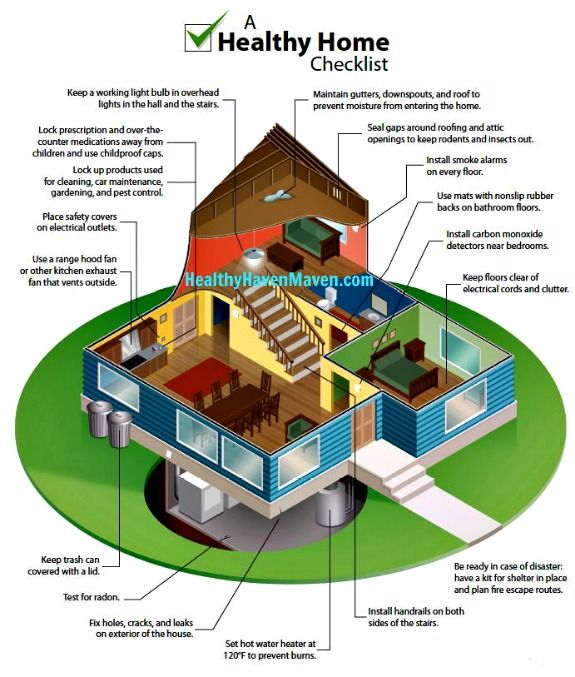Checking Out The Ecological Benefits Of Warm Pumps - A Sustainable Heating Remedy
Checking Out The Ecological Benefits Of Warm Pumps - A Sustainable Heating Remedy
Blog Article
Write-Up Author-Long Bech
In an era where sustainability and power efficiency are extremely important, several companies seek environment-friendly home heating options. One such remedy is the heatpump.
A heatpump extracts the heat in its surroundings and pumps it into your home, causing one of the most effective environment-friendly central heating unit around. This process additionally generates zero greenhouse gas exhausts, making it a highly lasting modern technology.
Power Effectiveness
Heat pumps are extremely energy efficient and require little maintenance. They make use of less power than other furnace and are without a doubt one of the most eco-friendly. https://docs.google.com/spreadsheets/d/1y5oIb3f-oUNFIWng429i9DqZozZRUtrp3eVnEBQviRo/edit?gid=918024543#gid=918024543 function well with roof solar and can frequently pay for themselves in utility financial savings alone.
They can also offer air conditioning, which is excellent for garage workshops, attic room hangouts and reward rooms, and home additions without expanding the existing ductwork. They can also be made use of for retrofits in existing homes with hydronic (water-based) circulation systems such as reduced temperature level radiators or radiant floorings.
Search for designs with SEER and HSPF scores that fulfill or go beyond copyright's minimum criteria, as well as the criteria in your area. Higher scores indicate better efficiency, which saves you cash in the long run and minimizes your carbon impact. You may even get approved for rebates and motivations! The most effective devices are those with a ground warmth exchanger for added effectiveness. These systems can absorb thermal energy from the ground during the winter season and essence it in the summertime.
Decreased Greenhouse Gas Emissions
Heat pumps work on electrical energy and basically move heat from the air, also when it's cool outside. They are able to remove the free warm caught in air fragments and move them indoors, decreasing humidity while doing so.
Compared to gas heating systems, contemporary heat pumps use less than one kilowatt of electrical power per kilowatt of heating power they generate. This makes them one of the most energy efficient home heating choice readily available with a POLICE (Coefficient of Performance) of 4 or more. By lowering the demand for fossil fuels, heat pumps help in reducing greenhouse gas discharges and cut other major air toxins.
Building decarbonization is a global imperative, and the cooling and heating sector is a key motorist of that procedure. Whether it's investor making net no dedications, policy makers setting discharges limitations, or lessees requiring greener rooms, electrical heat pumps are being identified as an essential solution. They are an economical means to lower carbon discharges by getting rid of the need for nonrenewable fuel sources in structures.
Convenience
Heat pumps can be utilized in lots of sorts of homes and buildings-- with or without ducts. They work with hot-water radiators, air-conditioning and programmable thermostats. They can change heaters or be installed in brand-new residences. They can run on photovoltaic panels, geothermal systems or even area heating resources like wastewater.
https://www.sylacauganews.com/local/local-hvac-professionals-offer-tips-for-extreme-heat-during-summer-months at providing even more heat per energy system. For example, an air-source heat pump creates as much as 3 or even more home heating systems from each power system it eats.
Obtaining the most from your heat pump will rely on your environment area and quality of insulation. Seek designs with ENERGY celebrity scores and compare their SEER or HSPF specs. In warmer climates, focus on SEER; in cooler regions, consider a system with a greater HSPF score. Furthermore, purchase air sealing and insulation to decrease the load on your heatpump. That will certainly improve energy effectiveness and help you reach your Web Zero objectives quicker.
Biomass Boilers
Biomass central heating boilers utilize timber pellets, chips or logs to create warm and warm water. They are a good choice for off-grid homes or those who intend to get off the gas grid.
As a standalone heater, biomass can supply enough energy to maintain your home warm throughout the year without the common warmth drop off of other sustainable technologies. They can also be utilized along with photovoltaic panels to maximise financial savings and take advantage of RHI payments.
A drawback of these systems is the upfront price and regular gas distributions. Usually, pellets will require to be blown into a gas shop using a vacuum system or they can be by hand fed into the central heating boiler with a hopper. Logs are usually self-sourced from nearby forest or acquired in bulk. In addition to this, they call for hands-on loading and might need cleaning regularly.